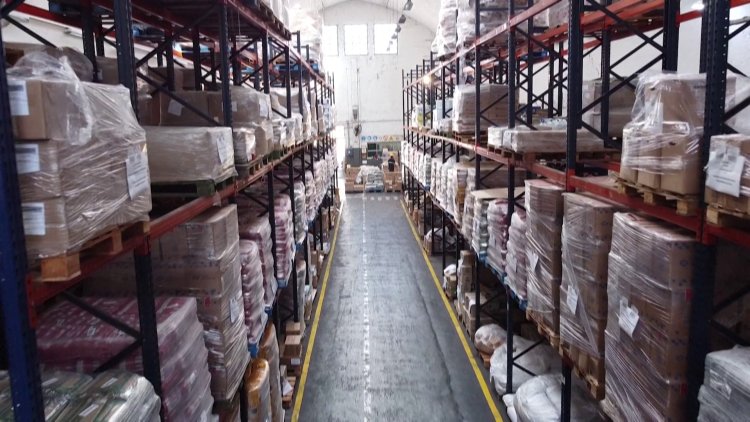With inflation rising, millions in Argentina rely on food aid

Argentina has a long history of high inflation but is going through a particularly rough patch, worsened by the global repercussions of the war in Ukraine.
With food prices in the country rising 20 percent in just three months, a complex network of public and private organisations is required to feed millions of increasingly hungry mouths.
"The situation is getting more and more complicated," said Gonzalez, whose soup kitchen is eight years old.
From a combination of state aid, private donations, contributions from local residents, a communal vegetable garden and a few chickens, she manages to put food on the table.
It is an essential cog in the wheel of citizen mobilisation topping up the public aid on which more than four million people depend, according to official figures.
Recently, the government has had to increase by 50 percent -- to between $78 and $156 per month -- the food stamps that some 2.4 million households rely on.
Another 300,000 mouths are fed at school canteens, while yet more get their daily meal from religious organisations and NGOs.
Local shops fill in some of the remaining gap, delivering unsold food to soup kitchens or sometimes directly to households in need.
Argentina has a much larger social assistance network than other Latin American countries.
But the country is facing a dilemma: It has to limit public spending because of commitments to the International Monetary Fund under a recent deal to refinance a multi-billion dollar debt.
And things are likely to get worse with the Ukraine war fueling global price inflation hot on the heels of the coronavirus pandemic's economic ravages.















